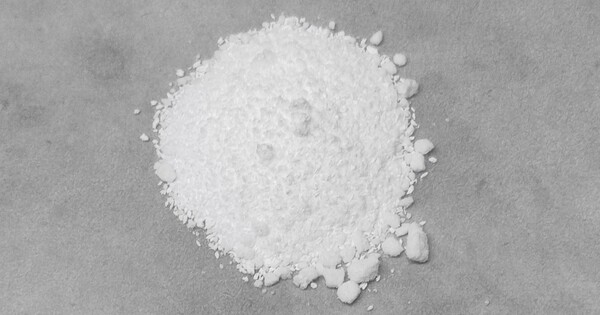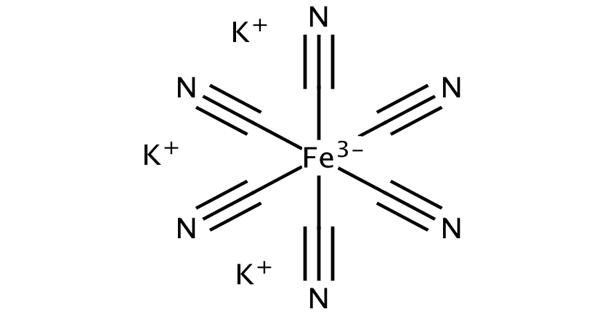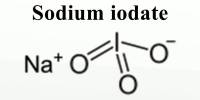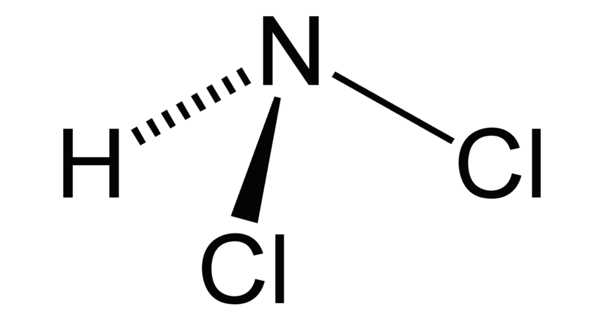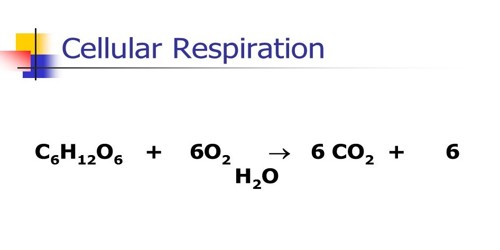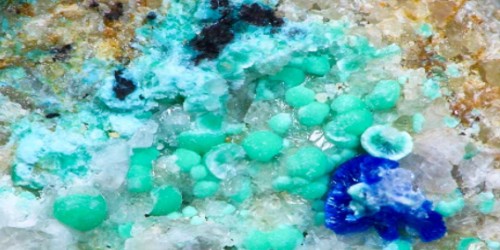Rubidium carbonate, Rb2CO3, is a convenient compound of rubidium; it is stable, not particularly reactive, and readily soluble in water, and is the form in which rubidium is usually sold. It is a chemical compound composed of rubidium and carbonate ions. It typically appears as a white, crystalline powder. It is soluble in water, forming a basic solution. It decomposes at high temperatures rather than melting. It reacts with acids to produce carbon dioxide and rubidium salts.
It is soluble in water, and solutions of rubidium carbonate are alkaline. It can be used in various industrial applications, including in the production of specialty glasses and ceramics. It’s also used in some chemical research and in the manufacturing of rubidium salts.
Properties
- Chemical formula: Rb2CO3
- Molar mass: 230.945 g/mol
- Appearance: White powder, very hygroscopic
- Melting point: 837 °C (1,539 °F; 1,110 K)
- Boiling point: 900 °C (1,650 °F; 1,170 K) (decomposes)
- Solubility in water: Very soluble
Preparation
This salt can be prepared by adding ammonium carbonate to rubidium hydroxide.
The resulting rubidium carbonate may need to be purified, typically by recrystallization from water or another suitable solvent. Always follow proper safety procedures, including wearing protective equipment, when handling chemicals and performing reactions.
Uses
It is used in some kinds of glass-making by enhancing stability and durability as well as reducing its conductivity. It is also used as a part of a catalyst for preparing short-chain alcohols from feed gas.
- Chemical Reactions: Used as a reagent in various chemical syntheses and reactions.
- Glass Manufacturing: Employed in the production of specialty glasses and ceramics, where it can improve the properties of the final product.
- Catalysis: Used in catalytic processes, particularly in research and industrial applications.
- Electronics: Utilized in the production of certain types of electronic components and materials.
